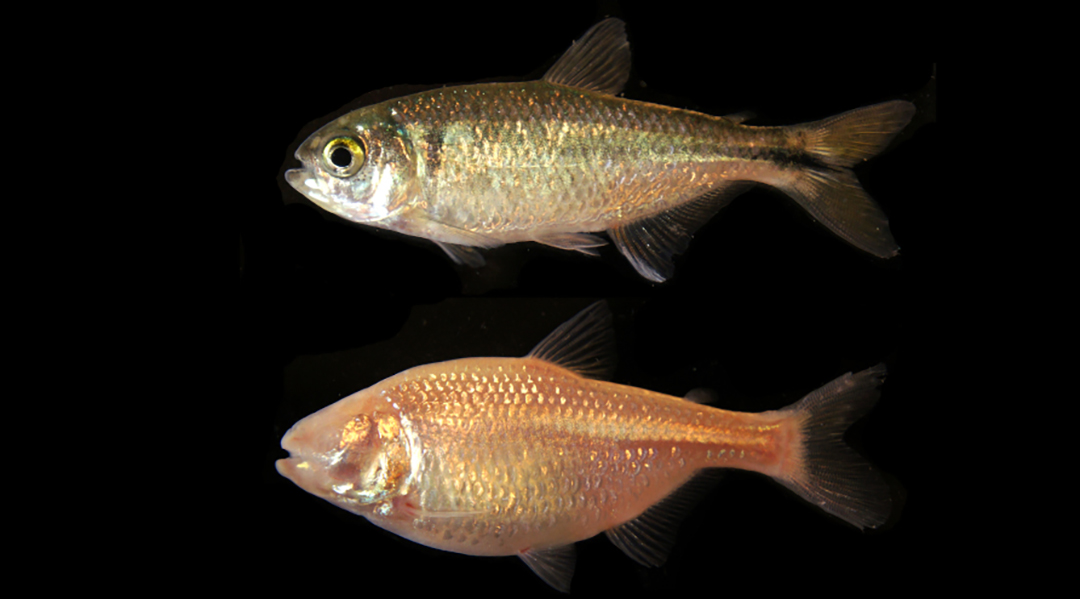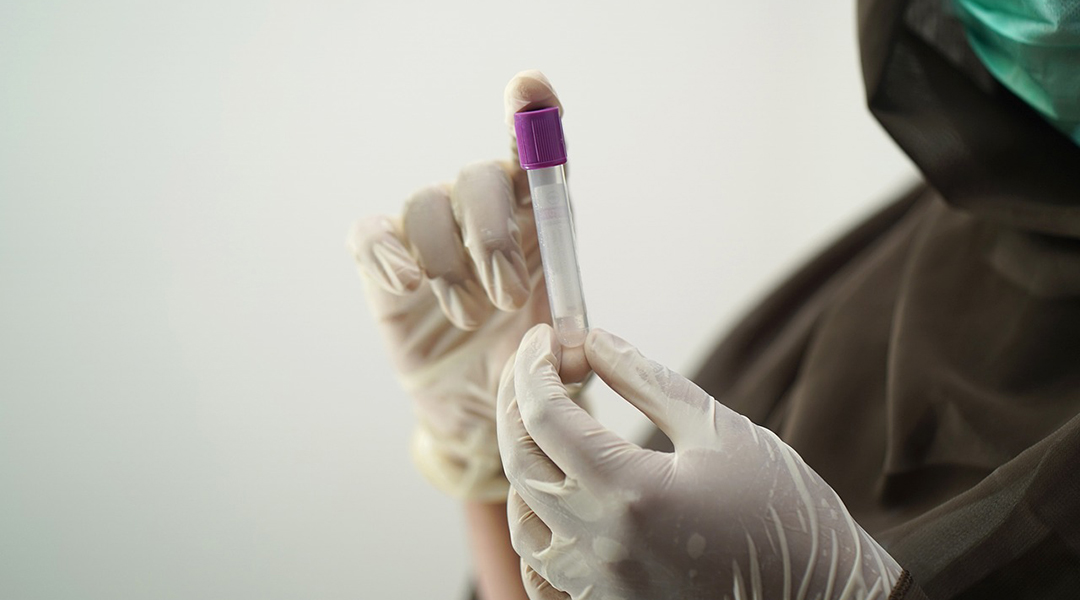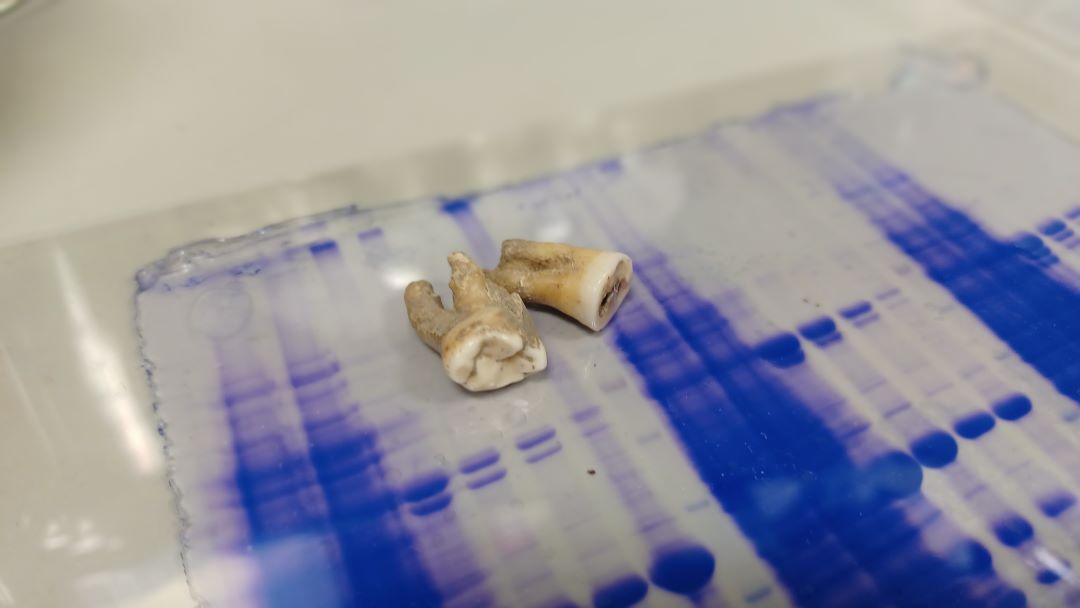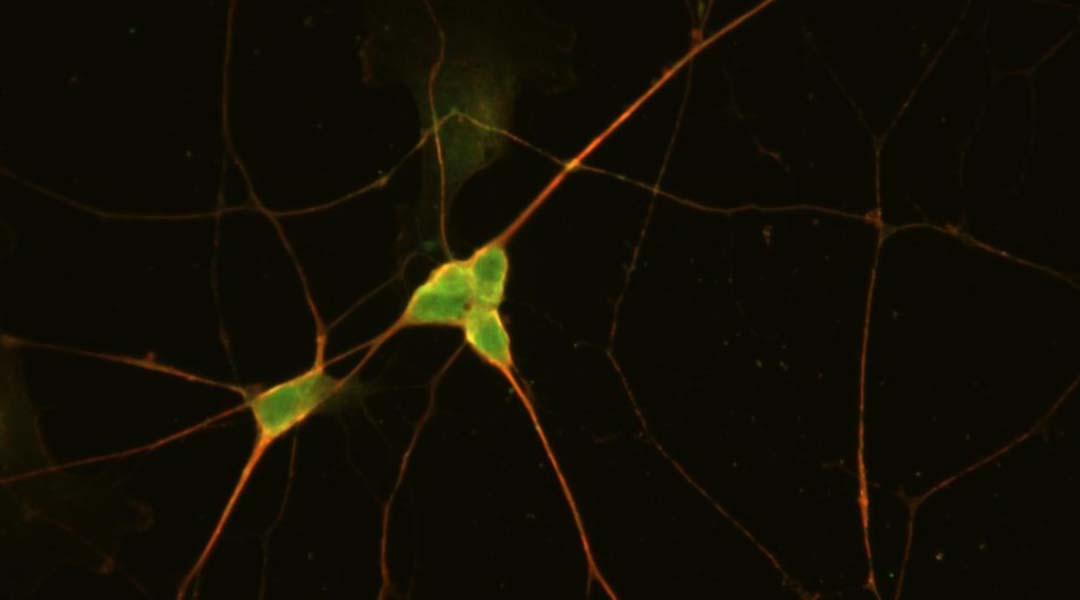Cavefish studies hint at ketogenic diet’s impact on autism-like behavior, opening new paths for understanding and treatment.


Cavefish studies hint at ketogenic diet’s impact on autism-like behavior, opening new paths for understanding and treatment.

Research uncovers how tumor cells’ stem cell-like qualities and their ability to evade the immune system helps some cancers spread during metastasis.

Research teams from the UK have isolated antibodies preserved for 800 years in ancient teeth and found they are still able to bind viruses that infect humans today.

Sleep apnea patients may soon sleep easier thanks to a comfortable, remote wearable device that tracks breathing patterns with the help of AI.

Called chronotherapy, scientists believe that a whole field of medicine with the potential for more effective treatment could potentially lie at our fingertips.

A new frontier in clean energy may be on the horizon with nanoscale generators that capture electricity from molecules.

An innovative blood test designed to identify chronic fatigue syndrome, and potentially applicable to long COVID and Lyme disease, boasts 91% accuracy.

A model based on human stem cell–derived neurons is allowing researchers to understand opioid-induced respiratory failure to improve overdose treatment.

Communicating with animals has long been the dream of scientists and animal lovers alike, and AI has the potential to bring us closer.

An engineered skin with a new secret ingredient helps avoid harmful inflammation while speeding up the wound healing process.